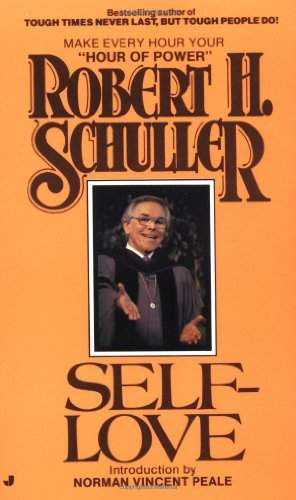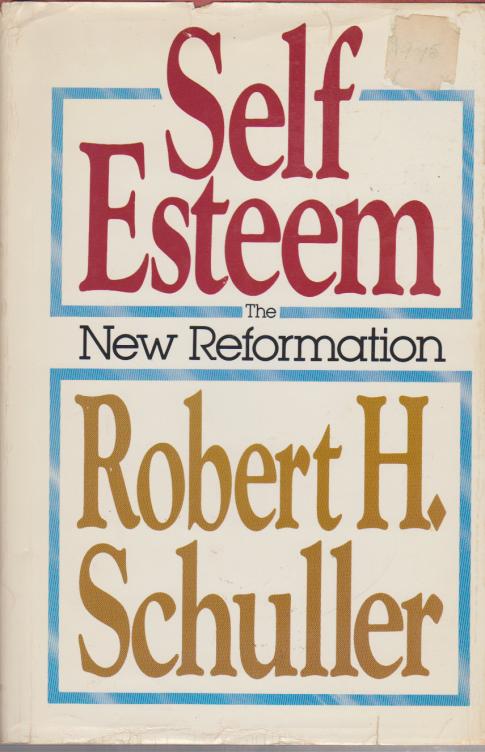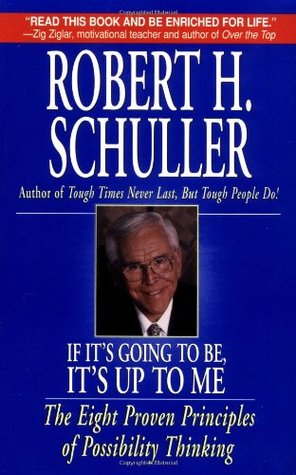The Seeker-Friendly, Purpose-Driven Cornucopia of False Doctrine
/The "attractional" church model is so common that it's practically the norm; most Christians have assumed that it is the only valid way to "do church" nowadays, or they don't even know that other legitimate options exist. What is it? Simply put, this model of church starts with the idea that "normal" church is unattractive and can't bring in new people, so exciting new ideas must be implemented in order to get people in the door. Once people show up for the attractive and entertaining aspects, they'll eventually hear a gospel message and they'll "accept Jesus in their hearts" (or something to that effect).
This philosophy makes a number of assertions and assumptions right from the start:
- The needs and sensibilities of the unbeliever should determine the strategy of the church.
- All of the churches in history (up till now) were doing it wrong: too old-fashioned, too boring, too stiff, too negative, too much doctrine, too ritualistic, etc.
- People would be glad to go to church, but it's just too "churchy." All we need to do is tone down all the religious stuff, make it fun and "relevant" and people will show up.
- A church should focus on meeting people's needs through "life skills," "success," "psychological therapy" and "leadership" training, and it should help it's members become "purpose-driven" people who can "accomplish their destiny." A church doesn't need to preach repentance and the forgiveness of sins anymore; or if it does, it must radically alter the language to appease unbelievers.
- Numerical growth is proof of God's blessing; lack of numerical growth is proof that God is not involved.
- In order to build the church, God needs "vision-casting" pastors, and these pastors must then command their followers to do the work required by the "vision" that God gave them.
Robert Schuller (1926-2015) is probably the man most responsible for establishing the Attractional, Seeker-Friendly, Purpose-Driven church model; although a case could be made that Henry Emerson Fosdick (1878-1969) really laid the foundation. Schuller removed many of the "negative" aspects of Christianity like Christ dying on the cross to atone for our sin, hell, God's anger and God's wrath; and replaced it with the Positive Thinking philosophy he borrowed directly from his mentor, Norman Vincent Peale (1898-1993). Here's an article with more detail: Robert Schuller and The Seeker Sensitive Church-The Roots and Fruits of Robert Schuller's Version of Theological Liberalism by Bob DeWaay
At a very fundamental level, Schuller believed that because modern people didn't care about their eternal salvation anymore, the church should reach them by appealing to the things that did matter to them; things like their self-esteem and their earthly success and happiness.
“The church must develop a theology for mission. I don’t think it’s done that. I accept John 3:16 as a good one if people have a fear of hell. Maybe they have, but I find a lot of secular people haven’t. At what point can I find a button to push so that I can reach them? I think their desire for self-esteem is that button.”
“I don’t think anything has been done in the name of Christ and under the banner of Christianity that has proven more destructive to human personality and hence counterproductive to the evangelistic enterprise than the unchristian, uncouth strategy of attempting to make people aware of their lost and sinful condition.”
A New Reformation? The Christian Research Institute Examines the Theology of Robert Schuller
After Schuller established the Crystal Cathedral and his T.V. Show "The Hour of Power" there were two young pastors who took his ideas and implemented them on an even larger scale: Bill Hybels and Rick Warren. Both of these men learned about growing a church directly from Schuller when they were starting their new churches. Although Schuller was often viewed with skepticism by many Evangelicals (because he had so clearly altered and reduced the Gospel message), both Hybels and Warren have maintained more mainstream reputations as genuine Evangelicals and have escaped much scrutiny. But when examined more carefully, the Mega-Church/Attractional model they brought to full fruition in Willow Creek Church (Hybels) and Saddleback Church (Warren) is not really an orthodox, Biblical Church; it's a strange hybrid that ends up creating more problems than it solves.
Rick Warren and his wife, Kay, attended Robert Schuller's "Institute for Church Growth" in 1979 while Warren was in his last year of seminary. In a 2002 interview for Christianity Today Magazine, Kay Warren said this of their visit to the institute: "He (Schuller) had a profound effect on Rick. We were captivated by his positive appeal to non-believers. I never looked back." (Christianity Today, Nov. 18, 2002) Rick Warren, however, has been strangely silent about the obvious influence that Schuller has had on him.
A big problem with the Mega-Church message is that it's a watered-down and neutered message. This Christianity is focused on meeting the "felt needs" of people, but the Gospel message is about how Christ gave His life as an atoning sacrifice for our sins. He didn't die on the cross to give us purpose or make us successful. The true and complete Gospel must be preached so that people can hear the Word of God and can understand the weight of their sin; it's only from that point that people have the opportunity to repent and have their sins forgiven. In the worse case, "Mega-Church" scenario, the message confuses people into thinking that becoming a Christian is simply "accepting" Jesus so that He can make you more complete, or more satisfied. As an example of this, Rick Warren had a chance to preach a gospel message to a gigantic audience at a TED Talk in 2008, but he choose to preach a feel-good, non-Christian message instead:
“So the good life is not about looking good, feeling good, or having the goods. It’s about being good and doing good. The bottom line is that God gets pleasure watching you be you. Why? He made you. And when you do what you are made to do, He goes, ‘That’s my boy.’ ‘That’s my girl.’ You are using the talent and the ability that God gave you. So my advice to you is look at what is in your hand, your identity, your influence, your income. And say, ‘It’s not about me; it’s about making the world a better place. Thank you.”
(Here's the complete TED Talk given by Rick Warren in February, 2006)
Here's an example of Andy Stanley freely admitting that he uses "attractional" messages to get people to attend his Mega-Church:
“People are not on a truth quest; they are on a happiness quest. They will continue to attend your church - even if they don’t share your beliefs - as long as they find the content engaging and helpful.”
One of the most striking characteristics of the Attractive, Seeker-Friendly church is the constant emphasis on LEADERSHIP. This is not surprising, since much of the philosophy behind this church model is not based on the Bible-it's based on business principles. The non-Christian business guru Peter Drucker (1909-2005) has probably had more influence on this idea of church than any single pastor. Read: Peter Drucker's Mega-Church Legacy. Both Hybels and Warren refer to Drucker as their primary mentor. Here's a quote from Bill Hybels book "Courageous Leadership" that clearly portrays his near-idolatry of leadership:
“I believe that the great tragedy of the church in our time has been its failure to recognize the importance of the spiritual gift of leadership. It appears to me that only a fraction of pastors worldwide are exercising the spiritual gift of leadership, organizing the church around it, and deploying church members through it. The results, in terms of church growth and worldwide spiritual impact, are staggering.”
The following articles are from various people coming from various theological backgrounds who all agree that the "attractional" "seeker-friendly" "purpose-driven" church model should be reconsidered:
Redefining the Church-The Church Growth Movement's Unbiblical Definition of the Church by Bob DeWaay
Straight Talk About the Seeker Church Movement by Grace to You Ministries
Schuller Planted, Hybels Watered, Warren (Peter Drucker) Gives The Increase by Orrel Steinkamp
Many Articles about the Unbiblical Nature of the Church Growth Movement by Deception in the Church
The Problems With The Purpose-Driven Definition of a Christ Follower
Why I Left Your Seeker-Friendly Church
Seeker Movement on Critical Issues Commentary Radio (5 different shows)
Celebrity Pastor is Not a Biblical Church Office by Elliott Nesch
Bill Hybels Talks About Popeye (Much) More Than Jesus in the Museum of Idolatry
Bill Hybels: "God Uses a Re-Crafted Schedule to Transform Lives" in the Museum of Idolatry
The Andy Stanley Cornucopia of False Teaching, Fast Talking and Postmodern Ambiguity
Seeker-Sensual Church Growth (Fighting for the Faith Episode with Rosebrough, Kozar and Spreeman)
Purpose Driven Dismantling of Christianity by Marsha West
The following video from our friend Elliot Nesch, is probably the most careful and comprehensive examination of the mega-church model available on the internet. This is three hours of very important material; every Christian should watch this (and then watch it again!):
The following two videos are based on the excellent "White Horse Inn" radio program:
-This article by Steven Kozar








